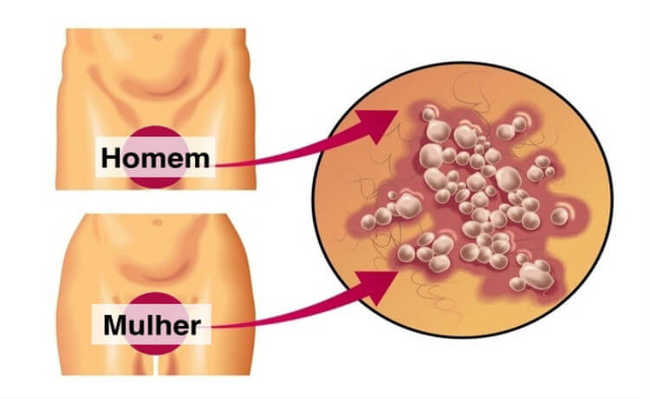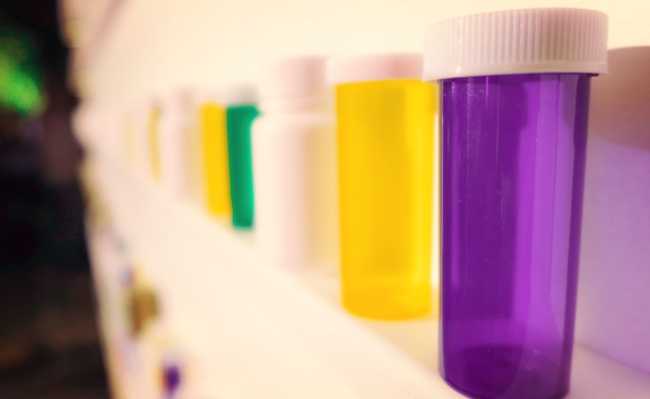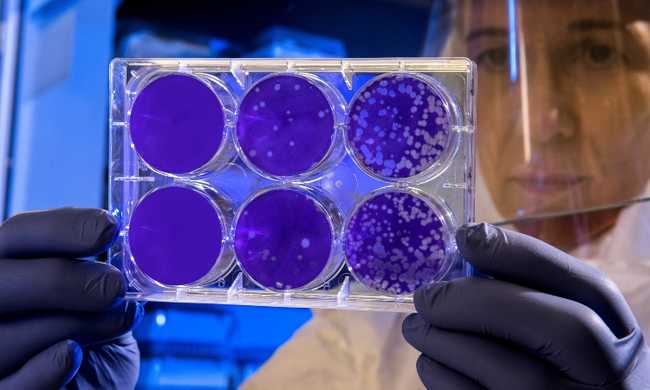Genital herpes: symptoms, prevention and treatments
Genital herpes is an STD that has no cure, but its symptoms can be controlled through treatments.

Image: Uncomplicated Woman
Genital herpes is a sexually transmitted disease (STD) caused by herpes simplex virus type 2, which is transmitted through unprotected sex. Herpes simplex virus type 1 can also cause genital herpes, but it is commonly associated with cold sores (read more in: "Herpes colds: treatment, symptoms and prevention"). It is estimated that at least one in five adults is infected with the virus, although many of them have no symptoms.
The virus invades the human organism generally via a wound on the skin or through the mucosa of the mouth and genital area and, once inside the organism, it is difficult to be eliminated. The incubation period varies from ten to fifteen days after sexual intercourse with the virus carrier, which can be transmitted even in the absence of lesions or when they are already healed. Periodically, the virus may reactivate, triggering the symptoms of the disease again.
Genital Herpes Symptoms
Herpes causes lesions on the skin and mucous membranes of the male and female genitals in the form of small clustered blisters. Typically, blisters appear and then burst, forming ulcers. In the first stage of infection, these lesions tend to be very painful. There may also be a slight itching at the site.
In addition to the typical herpes lesion, the first stage of the infection is usually accompanied by other symptoms, such as fever, malaise and body aches. Lymph nodes may appear in the groin region and, if the ulcers are close to the exit of the urethra, there may be intense pain when urinating. In the case of internal injuries, in women, the only signs of illness may be vaginal discharge and/or discomfort during intercourse. The lesions in primary genital herpes infection usually take an average of 20 days to clear.
Frequency of injuries
After primary infection, genital herpes lesions disappear, remaining silent for several months. In most patients, the infection recurs from time to time - in some cases more than once a year. Recurrent lesions tend to be less painful and last for about ten days, half the time of the primary infection. Over the years, recurrences become weaker and less frequent.
Genital herpes lesions usually regress spontaneously, even without treatment, in immunocompetent individuals (those with good immune resistance). Signs and symptoms may reappear depending on factors such as stress, tiredness, overexertion, fever, menstruation, prolonged exposure to the sun, trauma or use of antibiotics.
how to prevent
The best way to prevent genital herpes is to use a condom with sex. In addition, to reduce the risk of transmission, sexual intercourse should be avoided when there are signs and symptoms of the disease. Condom use reduces the risk of transmission, but it does not completely eliminate it, as herpes lesions can appear in areas of the genital region that are not covered by the condom.
It can happen that a partner in a long-term relationship develops an outbreak of genital herpes for the first time even without having had sexual contact with someone outside the relationship. This is because one or both partners were already carriers of the virus without, however, having previously presented symptoms.
Is Genital Herpes Hereditary?
Genital herpes is not hereditary and the virus does not affect fertility or is transmitted by a man's sperm or a woman's egg. Genital herpes, in either parent, in general does not affect the children and there is little risk of transmission, as long as you have normal hygiene habits. However, parents should be aware that the herpes virus can be transmitted from oral lesions through kissing, which can cause serious and widespread infection in the newborn.
Even if the woman has no visible lesions, she should inform her doctor or doctor if she is a carrier of the genital herpes virus and intends to become pregnant. Genital herpes in pregnancy can cause miscarriage, since there is vertical transmission of the virus. During childbirth, the virus can be transmitted to the child if the pregnant woman has lesions. However, when the mother already has a history of genital herpes, she will have antibodies circulating in her blood that protect the baby during pregnancy and delivery, so it is also possible for women with genital herpes to have a safe pregnancy and a normal vaginal delivery.
- How to get pregnant: 16 natural tips
How is the diagnosis made
At the first signs of a possible herpes virus infection, a health care professional should be consulted so that proper treatment can be indicated. If the patient looks for a doctor or doctor with the lesions in their active phase, confirmation of the diagnosis can be made via laboratory examination of material collected from blisters or wounds, when the presence of herpes simplex virus in the lesions is proven.
In the presence of any sign or symptom of genital herpes, look for a health professional for the correct diagnosis and indication of the appropriate treatment. The infection is treatable and its signs and symptoms can be reduced, even if there is no cure.
Treatments for Genital Herpes
Genital herpes is a treatable disease that can be controlled, but there is no cure. Those infected with the herpes virus will remain infected for the rest of their lives, and may or may not have recurrent symptoms of the infection.
However, proper medical monitoring in the treatment of genital herpes brings numerous benefits in eliminating symptoms, causing the virus to manifest itself less frequently. Antiviral treatment serves to speed up healing of lesions, alleviate symptoms, prevent complications, and reduce the risk of transmission to others. Locally used medications help reduce inflammation and accelerate wound healing, as well as prevent secondary contamination by bacteria.
Treatment can shorten the duration of a herpes episode and should be started as soon as the first symptoms appear to improve its effectiveness. In recurrences, the treatment can be done for only five days. People with a history of recurrent genital herpes are often advised to keep a stockpile of antiviral medication at home so that treatment can begin as soon as the first signs of a recurrence appear.
Personal cares
As it is very contagious, the first guideline for those who have herpes is to pay more attention to hygiene: wash your hands well, do not pierce blisters, avoid direct contact of blisters and wounds with other people, do not apply ointments on the spot without professional recommendation . Soaps and bubble baths should be avoided. It is also important to keep the genital area clean and dry, and to avoid tight underwear. Creams and ointments are generally not recommended.
As with other types of herpes, taking herpes zoster as an example, once infected with the virus, genital herpes can arise in some specific circumstances, such as tiredness, stress, fatigue, low body immunity and even periods of menstruation during women. Therefore, a healthy life, with a proper diet, can be enough to prevent a frequent recurrence of symptoms, also helping to control the disease.










